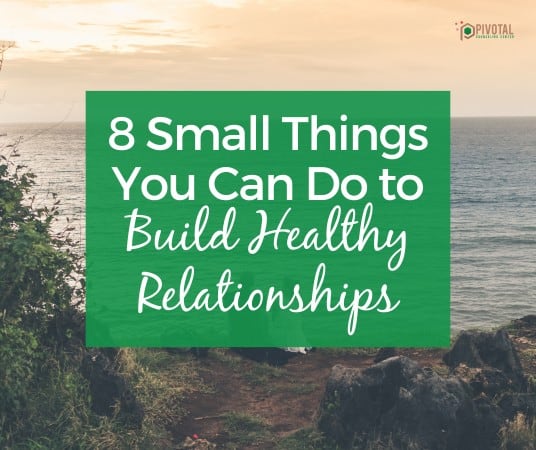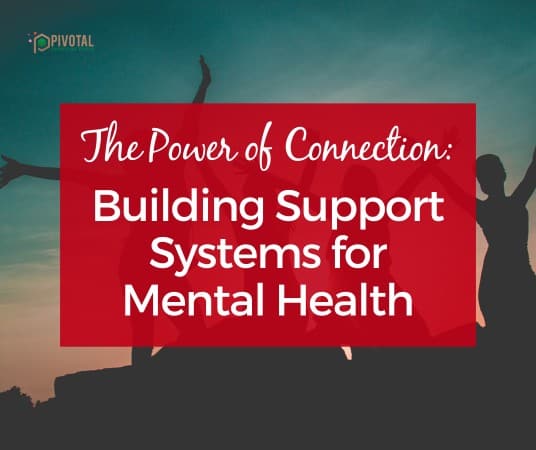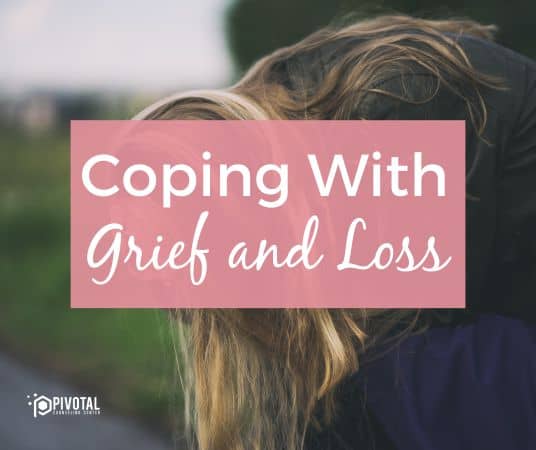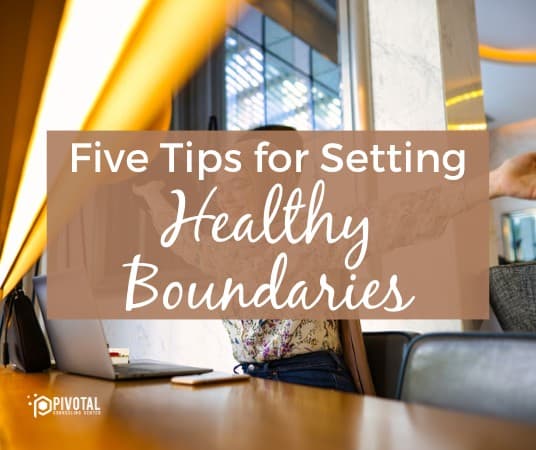
Is it healthy to have space in your relationship? It’s a popular issue that comes up in a lot of relationships. Once a couple settles down together and lives a life jointly, it can be easy to just do everything as a unit, instead of going about your lives separately. Even though it happens all the time, it’s not necessarily a good thing to be completely joined at the hip with your partner. But is space between a couple any better?
Is space a good thing?
Relationship experts, such as The Gottman Institute, believe that space can actually be a good thing. It can offer some healthy perspective and personal space to look at situations differently. Then, you can come back together with your partner, share your points of view, and grow together. For this reason, space is seen as a good thing, but there can be some drawbacks. Both need to be addressed in a relationship.
The Benefits of Space
Everyone has time to cool off:
When the heat of an argument sets in, space will allow for both partners to cool off and see the situation rationally. Since these tense moments often lead people to say things that they don’t mean (and will later regret), it’s a great way to make sure the relationship stays stable even in the middle of a conflict.
Both people can reflect on what happened:
With time apart (whether it’s a few hours, or a day or two), both partners can think back on the interaction and see where it went wrong. Most couples find that, even in the biggest fight, they can see where their partner was coming from after they’ve taken some space and time to think it over rationally.
Partners can have a productive conversation:
It’s easier to have healthy and productive conversations after taking some time apart to determine how you each feel. It may take several conversations to see each other’s points of view, but the point is that you keep talking about it calmly and rationally. Remember that you’re fighting for each other, not against each other.
Partners maintain a sense of self in the relationship:
As noted briefly, two lives can blend into one when you’re in a relationship. When you take space from your partner, you can see your own life and interests properly, allowing you to hold onto the ever-important sense of self within a long-term, committed relationship.
The Drawbacks of Space
Both partners can build up resentment:
When a fight is big and drawn out, sometimes space can lead to resentment or even hatred building up between partners. There are times when space is healthy, and when it isn’t. A lot of that comes from gut feelings and understanding the issue that you’re working out. If it’s a core concept of the relationship that you can’t see eye to eye on, the fact that you’re getting resentful of your partner may mean that it’s time re-evaluate the relationship. If space is taken and resentment is all that comes out of that time apart, this is a sign that there is something else going on.
Sometimes it goes too long:
There is such as thing as too much space. If it goes for an extended period of time, or space is used after even the smallest fight, it can lead to stubbornness. For example, after a fight and spending time apart, no one wants to be the first one to call a truce and meet up with their partner again. It’s important to focus on what you’re fighting for and set down your pride in order to work things out. Don’t allow the space to go too long, because it could mean the healthy relationship will crumble.
The bottom line
The thing to remember with this is that space is often healthy, but there are situations where the timing or frequency of it is not. Every relationship is unique and there is no true “one size fits all” answer for space between a couple. This should help you determine, however, when space is healthy and when it is not.









